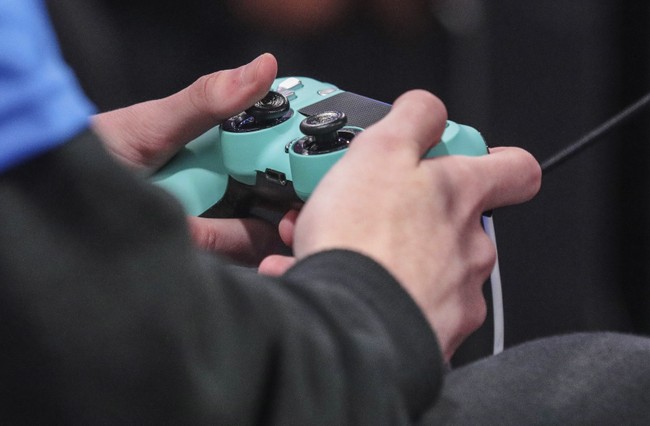Share this @internewscast.com

Diversity, Equity, and Inclusion (DEI) initiatives often seem to lead to a decline in quality across various sectors, including the gaming industry. This trend is evident as DEI tends to prioritize identity politics over talent and expertise, leading to a noticeable drop in product standards.
According to a report from The Hill, a significant shift is occurring within major gaming studios, where approximately 60 percent of developers are pushing for unionization in response to widespread layoffs.
Among the largest players in the gaming world, EA has been known for producing games that are often deemed both underdeveloped and overpriced, despite its standing as a leading AAA studio.
Released in October 2024, “Dragon Age: The Veilguard” failed to meet expectations. The game’s integration of contemporary political themes, such as a character identifying as non-binary within a fantasy setting, sparked significant backlash. This controversy contributed to the game attracting only half the anticipated audience, resulting in considerable financial losses for EA. Similar issues plagued EA’s “Mass Effect Andromeda,” criticized for prioritizing modern political narratives over game quality.
EA is not alone in facing challenges linked to DEI. Warner Bros. struggled with “Suicide Squad: Kill the Justice League,” and Sony encountered setbacks with “Concord.” Both titles were criticized for their incorporation of current political themes, which detractors argue compromised the games’ overall quality.
Beyond political influences, the arrogance and mismanagement within major studios have also driven players away. Ubisoft’s “Skull and Bones,” despite its staggering production cost nearing a billion dollars, suffered from poor performance due to lackluster gameplay and insufficient refinement.
EA isn’t the only studio facing down DEI-based fallout. Warner Bros. failed miserably with Suicide Squad: Kill the Justice League, and Sony crashed and burned with Concord. Both games had modern political influence that, unsurprisingly, affected the game’s quality.
But even if politics weren’t an issue, the hubris and incompetence of major studios are causing players to walk away. The “AAAA” game “Skull and Bones” by Ubisoft cost almost a billion dollars to make, but performed poorly due to a lack of polish and bland gameplay.
So no one should be surprised that major studios are seeing layoffs. When you make a bad product, you get bad returns.
The magic of the gaming industry, however, is that anyone can make a video game, and with enough time, dedication, and passion, even a couple of dudes working in their garage can create a game that takes the world by storm. We’ve seen this happen in this capacity on a few occasions.
“Hollow Knight: Silksong,” the highly anticipated follow-up to 2017’s “Hollow Knight,” is made by Team Cherry, a small studio out in Australia. The game was so good that it actually caused the online game store Steam to crash from the number of users attempting to purchase the game when it released in September, and despite the crash, there were 100,000 concurrent players in just the first few hours.
“Clair Obscure: Expedition 33” was created by Sandfall Interactive, a small French studio. Upon its release in April, it sold five million units and is a frontrunner for Game of the Year by many people, including myself.

















